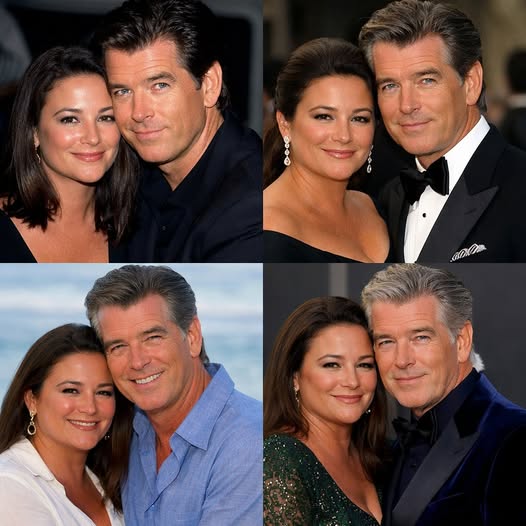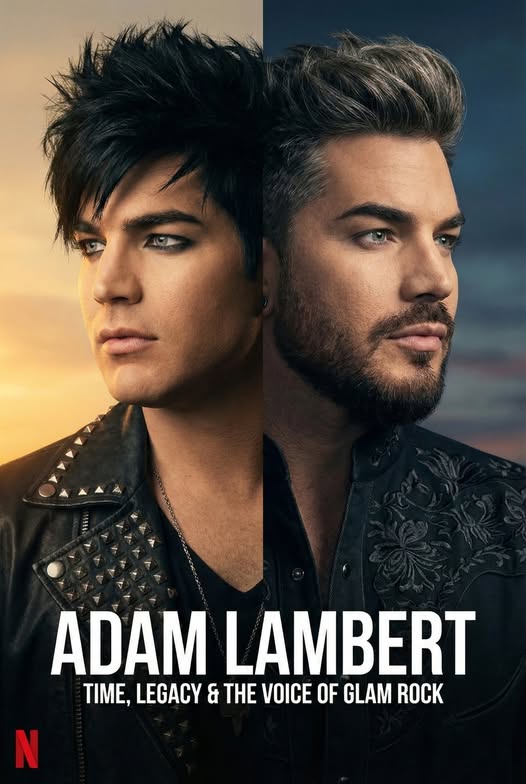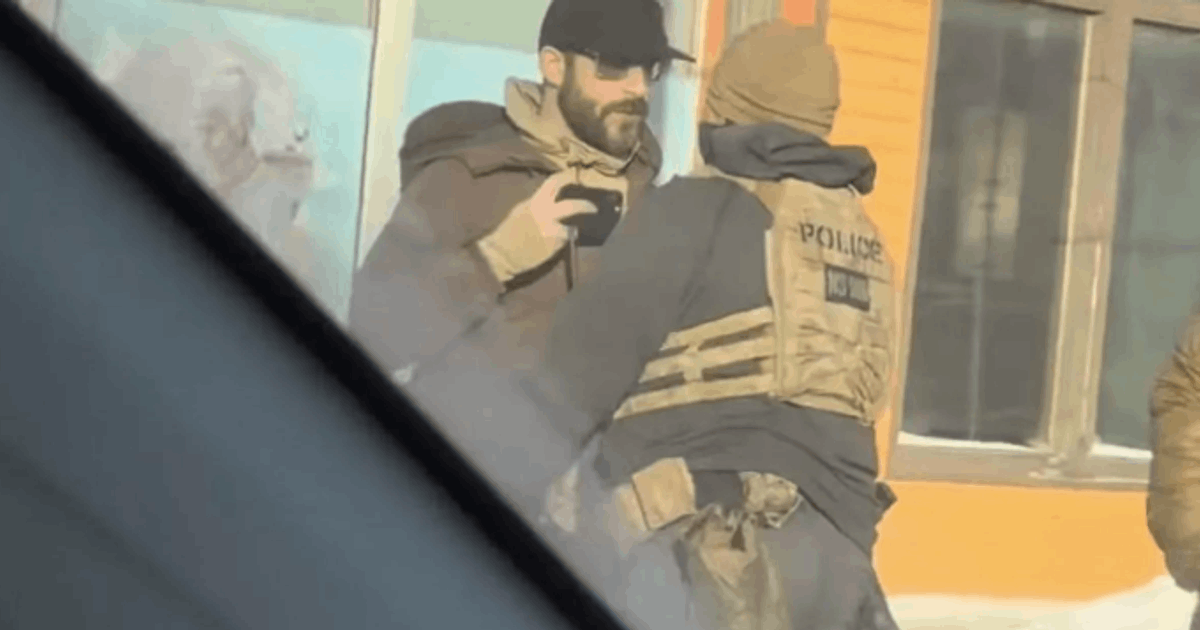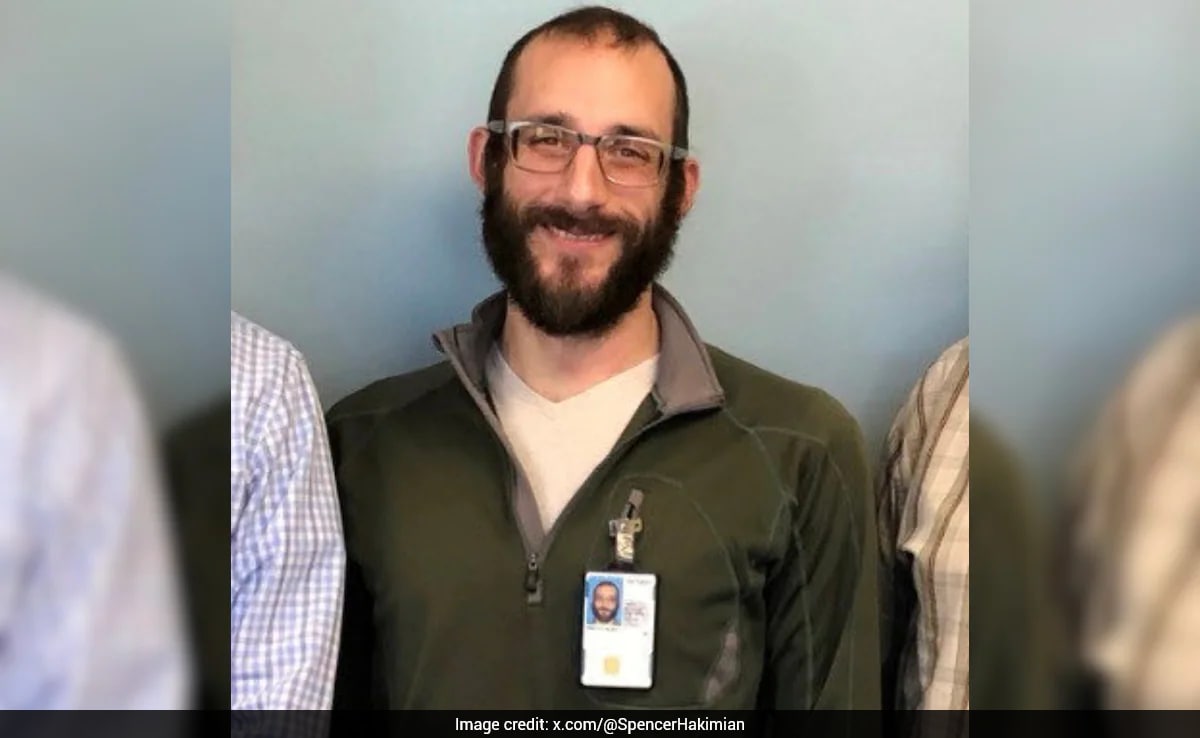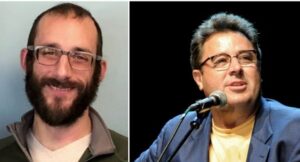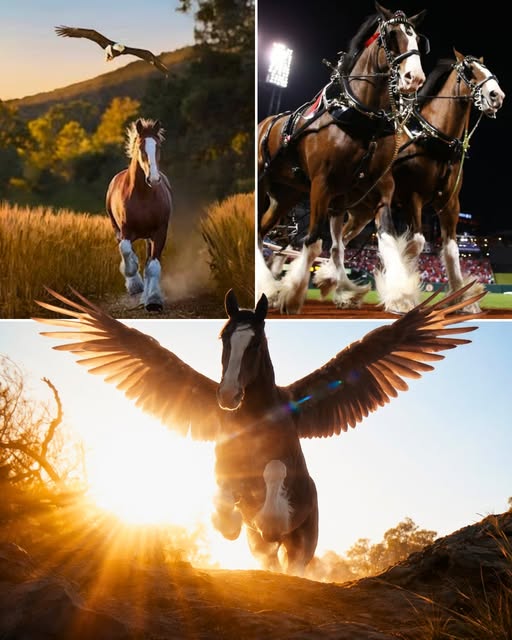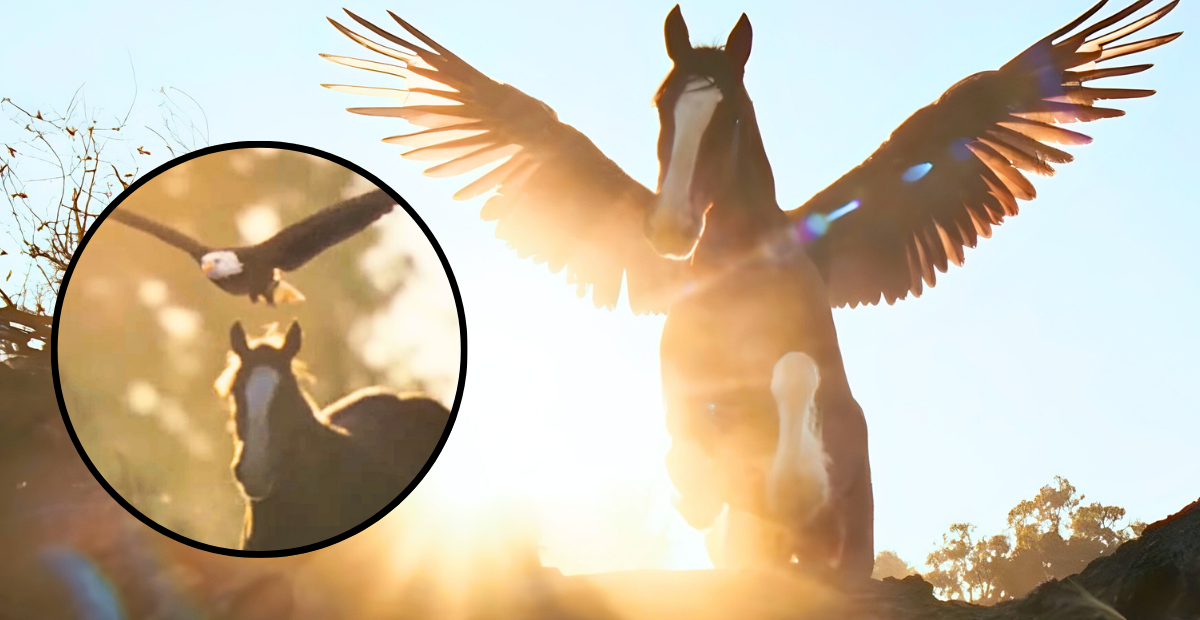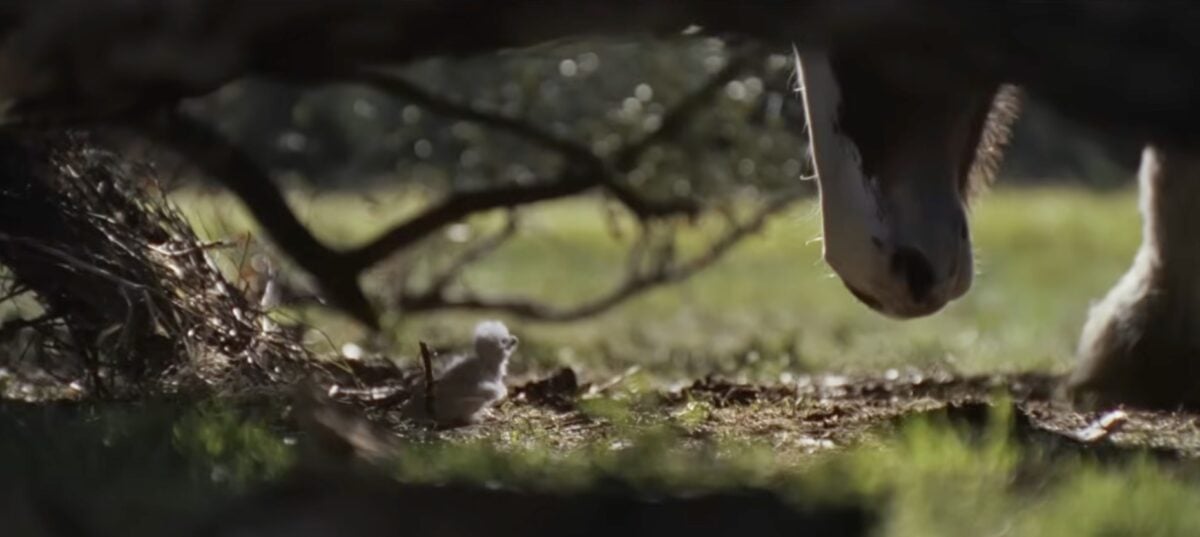Adam Lambert’s $13.5 Million Netflix Deal: A Rock Icon’s Boldest Move Yet
The entertainment world was thrown into a frenzy this week when news broke that Adam Lambert — the glam-rock powerhouse who redefined what it means to be a modern icon — has signed a jaw-dropping $13.5 million deal with Netflix. But this isn’t just another flashy celebrity contract. This is Lambert’s declaration to the world that his journey, his struggles, and his triumphs deserve to be etched into history — not just as music, but as living, breathing testimony.
The project, set to span seven episodes, promises more than glitter and arena lights. Fans won’t simply see Adam belting high notes or dazzling in sequins. Instead, they’ll walk through the fire with him: the lonely hotel rooms after sold-out shows, the heartbreak of rejection, the relentless fight to be himself in an industry that once told him to tone it down. Lambert is not watering down his story — he’s pouring it out, raw and unfiltered.
And if the deal itself wasn’t shocking enough, Lambert’s next move left the world in awe. In a gesture as bold as his legendary stage presence, he announced that a significant portion of his Netflix windfall will go directly toward LGBTQ+ youth initiatives and music education programs. At a time when many stars keep their earnings locked behind mansion gates, Lambert is choosing to transform his success into something far greater: hope for the next generation.
A Journey Written in Fire and Glitter
Adam Lambert has never walked the easy path. From his breakout on American Idol to becoming the voice that brought Queen’s music roaring back to life, his career has been defined by risk-taking. There were critics who doubted him, whispers that he was “too much” — too flamboyant, too bold, too unapologetically himself. But Lambert turned every doubt into fuel.
The Netflix series will chronicle these battles in intimate detail. Sources close to the production say viewers can expect to see candid footage of Lambert in his lowest moments — nights when he almost gave it all up, mornings when the weight of expectations felt unbearable. But in classic Lambert fashion, each setback is followed by a phoenix-like rise. The series, insiders say, is about resilience as much as music.
And then, of course, there’s the stage. The series promises to dive deep into his groundbreaking performances — the soaring vocals that shattered ceilings, the fashion that blurred lines between rock god and theatrical genius, the nights when fans screamed his name like a prayer. Every sequin, every high note, every tear-streaked encore will find its place in this cinematic tribute.

Why $13.5 Million Feels Different
Yes, Hollywood is no stranger to big-money deals. But this one resonates differently. $13.5 million is not just a paycheck — it’s validation. It’s Netflix telling the world: Adam Lambert’s story matters. Not just because of his chart-topping hits, but because of what he represents — courage in the face of conformity, authenticity in an industry often built on facades.
And Lambert knows this. In a recent interview teaser, he was quoted saying: “This isn’t about me looking back at my career and patting myself on the back. This is about showing people what’s possible when you refuse to dim your light. This is about the kids who need to know that they don’t have to hide who they are.”
That’s where the true shockwave hit. When fans learned Lambert would be channeling part of this massive deal into LGBTQ+ youth support and music programs, social media erupted. “He’s not just a star,” one fan tweeted, “he’s a lifeline.” Another wrote: “Adam Lambert just turned a Netflix deal into a revolution.”
A Global Reaction
The announcement ignited headlines worldwide. In Los Angeles, murals of Lambert began popping up with the words “Shine On.” In London, Queen fans gathered outside venues where Lambert had once performed with the band, holding rainbow flags and blasting “Somebody to Love.” From New York to Tokyo, fans spoke not just of excitement for the series, but of admiration for Lambert’s decision to give back.
Critics, too, are taking notice. Some call the deal a “masterstroke,” a way for Netflix to blend music, identity, and social activism into a cultural event. Others argue it will cement Lambert’s legacy not only as a performer but as a humanitarian voice of his era.

More Than Entertainment
What makes this upcoming series so magnetic is the balance between spectacle and substance. Yes, viewers will see the Lambert they love: the glittering jackets, the impossibly high notes, the unapologetic swagger. But they’ll also see the man behind the eyeliner — a vulnerable, complex human being who clawed his way through doubt and prejudice.
And by pledging to give back, Lambert ensures that the series becomes more than entertainment. Every streaming subscription, every binge-watch, indirectly fuels programs that may save lives or ignite future stars. It transforms passive viewing into active change.
The Shockwave of Generosity
For Lambert, generosity has always been second nature. Long before this deal, he quietly supported charities, lent his voice to causes, and championed equality. But this $13.5 million move takes it to a new level. It is, quite literally, history-making.
Imagine a young LGBTQ+ teen, struggling in silence, finding refuge in a program funded by Lambert’s contribution. Imagine a child discovering music because Lambert’s donation put an instrument in their hands. This is how legends are built — not just on stages, but in the lives they touch far beyond the spotlight.
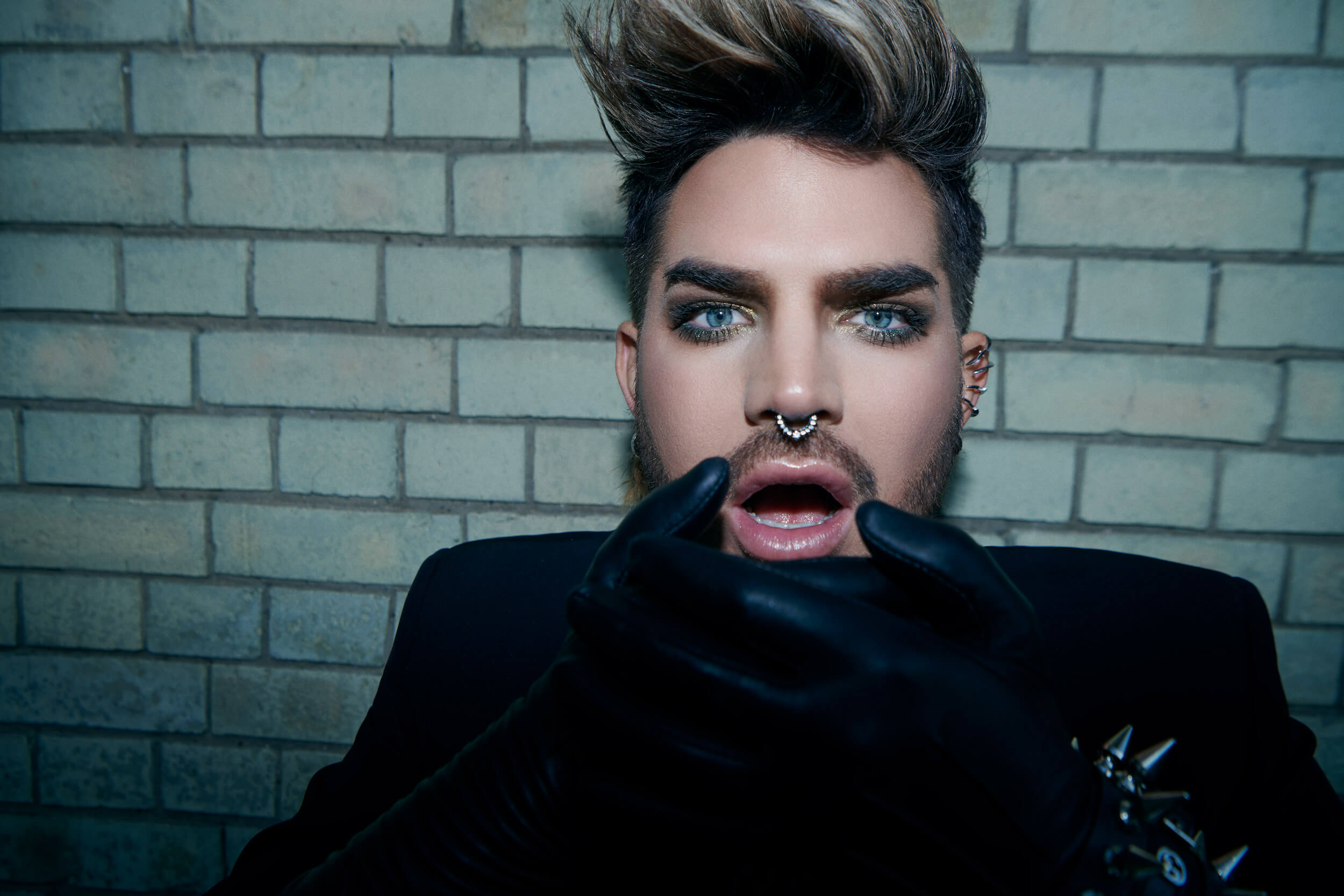
The Road Ahead
Production for the Netflix series is already underway, with whispers that the final episode may feature an all-star concert event — a fusion of Lambert’s solo work, Queen’s timeless anthems, and surprise collaborations with some of today’s biggest names. If true, it could become one of the most iconic televised music moments of the decade.
But even without the glittering finale, one thing is clear: Adam Lambert has shattered expectations once again. He’s not just telling his story; he’s rewriting the narrative of what it means to be a modern artist.
As the cameras roll and fans wait with bated breath, the world is realizing that this series is more than a documentary. It is a manifesto. A reminder that resilience, authenticity, and generosity are the true hallmarks of greatness.
And when the first episode finally streams, millions will watch — not just to see the music, but to witness the courage of a man who refused to compromise.
Because Adam Lambert’s story isn’t just his own. It belongs to anyone who has ever been told they were too much, too loud, too different. It belongs to every dreamer who needed a reminder that sometimes, the very thing that sets you apart is what makes you unforgettable.

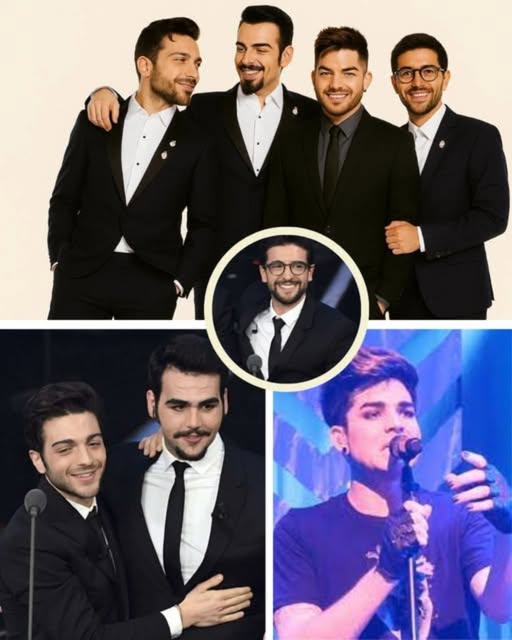





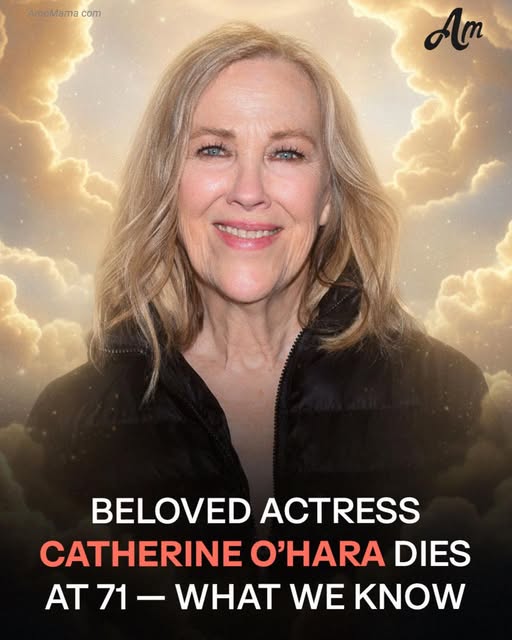
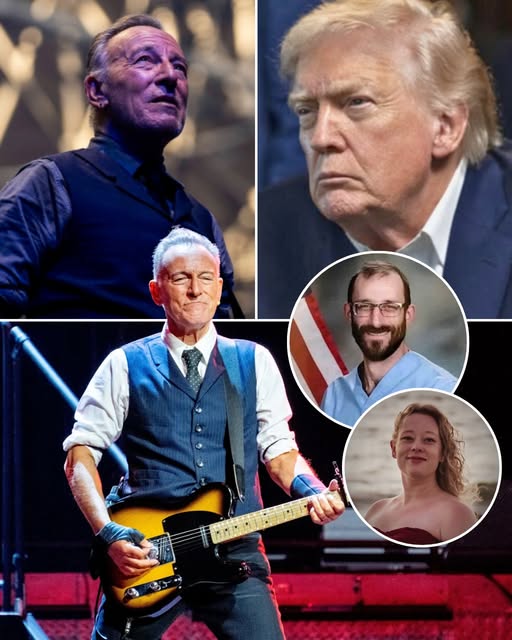
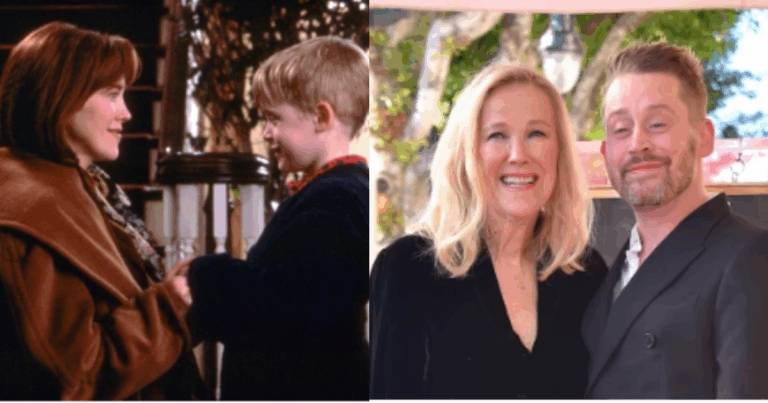
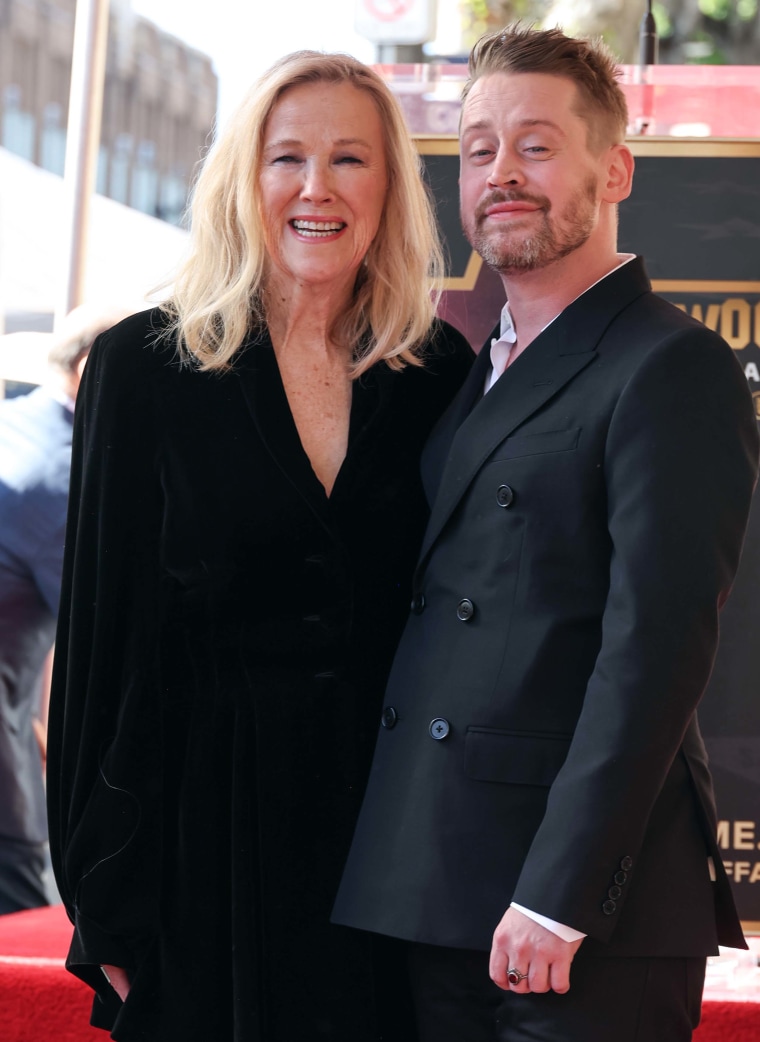
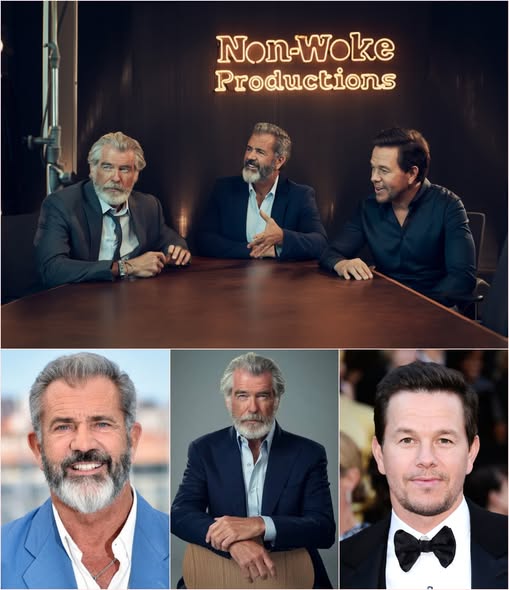
 The tuxedo is gone. The gloves are off.
The tuxedo is gone. The gloves are off.